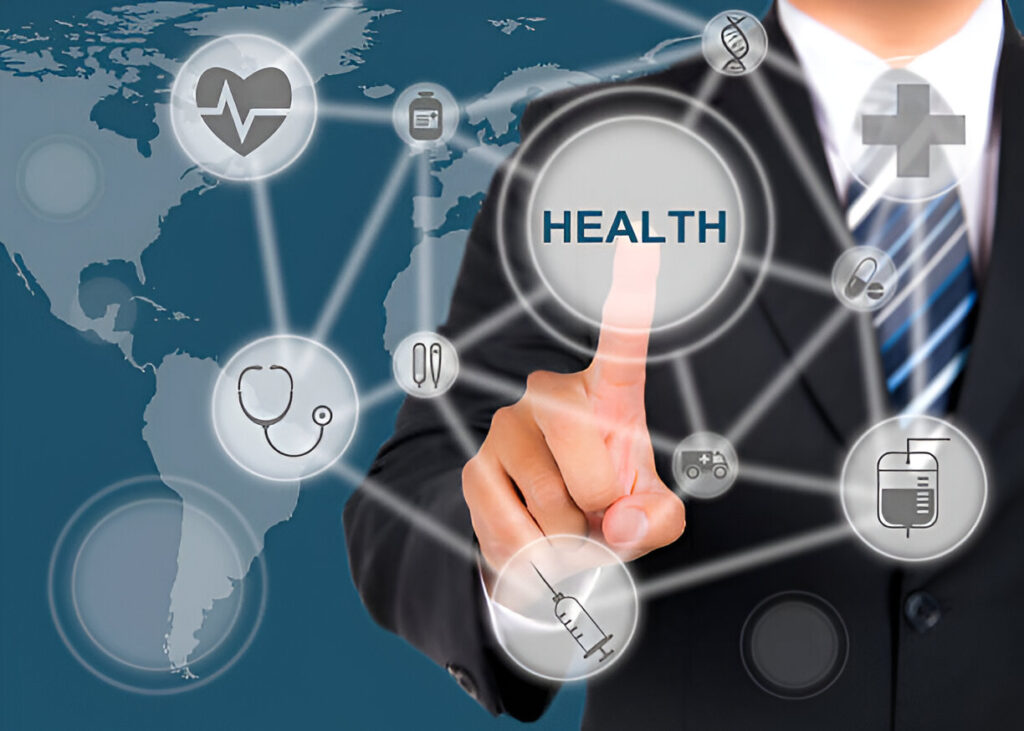In the hustle of today’s healthcare world, efficiency isn’t just something to aim for – it’s a must. With the increasing demand for quality care, hospitals, clinics, and healthcare organizations must find ways to streamline operations, reduce costs, and improve patient outcomes. This is where ERP healthcare systems come into play, offering a comprehensive solution to manage and integrate various functions within the healthcare sector.
What is ERP in Healthcare?
Enterprise Resource Planning (ERP) systems are integrated software solutions that manage and automate core business processes. In the healthcare industry, ERP systems are tailored to handle specific needs, such as patient records, inventory management, billing, human resources, and compliance with regulatory requirements. These systems help healthcare organizations operate more efficiently by consolidating information into a single, unified platform, opening up opportunities like PA NP Locum Jobs Opportunity for professionals looking to expand their roles within the sector.
Key Benefits of ERP Healthcare Systems
- Streamlined Operations
- ERP healthcare systems automate routine tasks, such as patient registration, billing, and scheduling, reducing manual errors and saving time. By integrating different functions into one system, healthcare providers can manage their operations more smoothly, allowing staff to focus on patient care.
- Improved Patient Care
- With an ERP system, healthcare providers have quick access to accurate patient information, enabling better decision-making. Whether it’s patient history, lab results, or medication records, having all data in one place ensures that healthcare professionals can provide timely and personalized care.
- Enhanced Financial Management
- Managing finances in healthcare is complex, involving billing, insurance claims, payroll, and budgeting. ERP systems provide tools for financial management that help healthcare organizations track expenses, manage revenue cycles, and ensure compliance with financial regulations. This results in better financial health for the organization.
- Inventory and Supply Chain Management
- Effective inventory management is crucial in healthcare, where the availability of supplies can directly impact patient care. ERP systems allow for real-time tracking of inventory levels, ensuring that essential items such as medications, medical devices, and supplies are always in stock. This minimizes the risk of shortages and reduces waste.
- Regulatory Compliance
- The healthcare industry is heavily regulated, with strict requirements for patient data protection, billing practices, and operational standards. ERP healthcare systems help organizations stay compliant by providing built-in tools for tracking regulatory changes, generating reports, and ensuring that all processes adhere to legal requirements.
- Data-Driven Decision Making
- ERP systems offer advanced analytics and reporting features that allow healthcare organizations to make data-driven decisions. By analyzing trends in patient care, financial performance, and operational efficiency, healthcare leaders can identify areas for improvement and implement strategies to enhance overall performance.
- Improved Communication and Collaboration
- In a healthcare setting, communication and collaboration are essential for delivering high-quality care. ERP healthcare systems facilitate better communication between departments by providing a centralized platform where information can be easily shared. This ensures that all team members are on the same page and can work together effectively.
The Future of ERP Healthcare
As the healthcare industry continues to evolve, so too will the role of ERP systems. Emerging technologies like artificial intelligence (AI), machine learning, and the Internet of Things (IoT) are expected to further enhance the capabilities of ERP healthcare systems. These advancements will enable even greater automation, predictive analytics, and personalized patient care.
Moreover, the increasing focus on patient-centered care and value-based healthcare models will drive the adoption of ERP systems that can support these goals. Healthcare organizations that embrace ERP solutions will be better positioned to navigate the challenges of the industry and provide high-quality, efficient care.
Conclusion
So, ERP healthcare systems offer a powerful solution for managing the complex needs of healthcare organizations. From streamlining operations to improving patient care and ensuring regulatory compliance, ERP systems play a crucial role in enhancing the overall efficiency of the healthcare sector. By investing in the right ERP system, healthcare providers can achieve better outcomes, reduce costs, and stay ahead in a competitive environment

